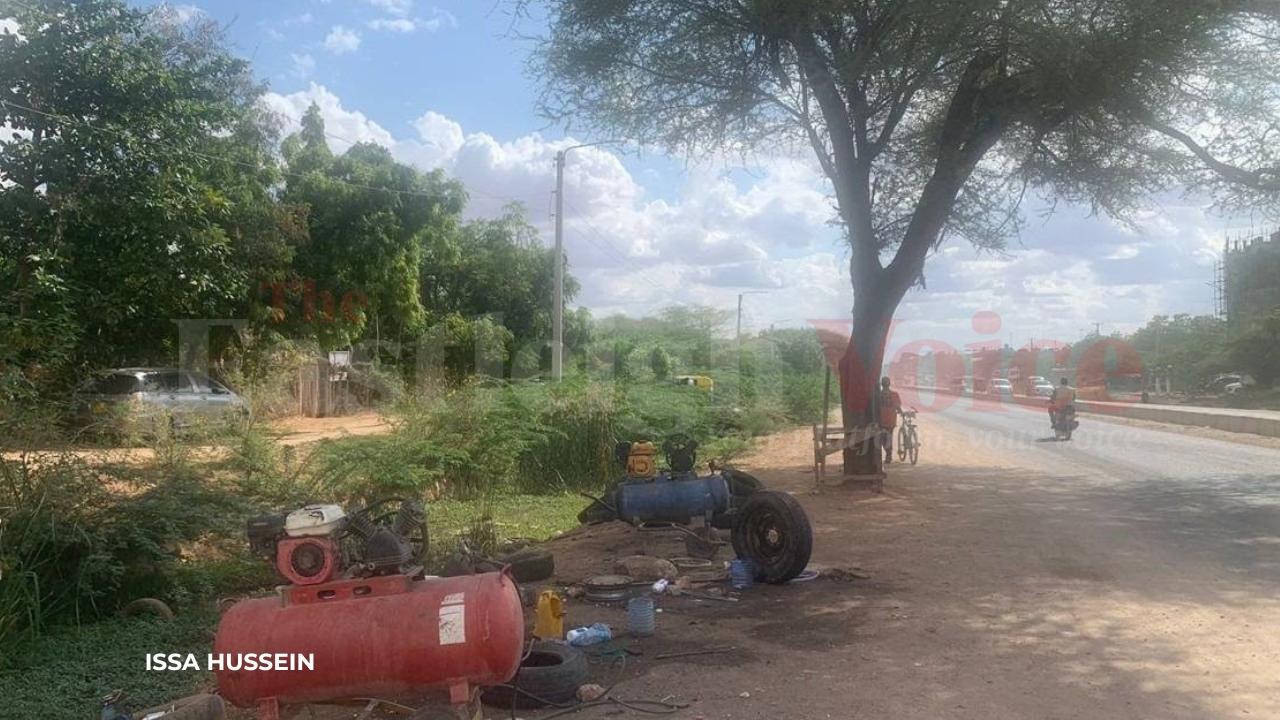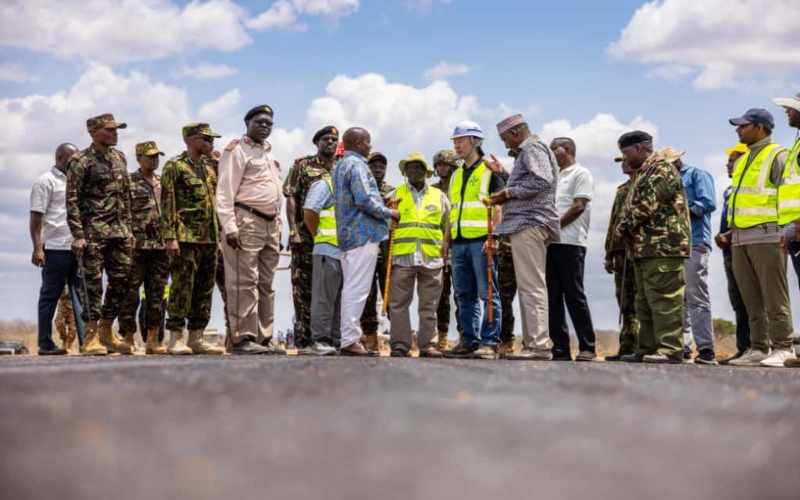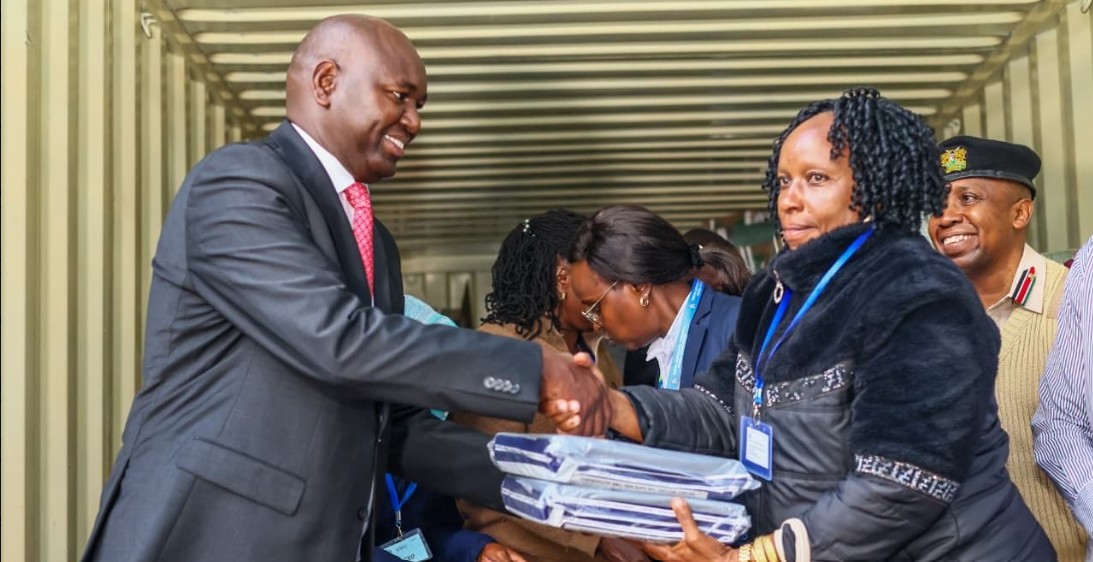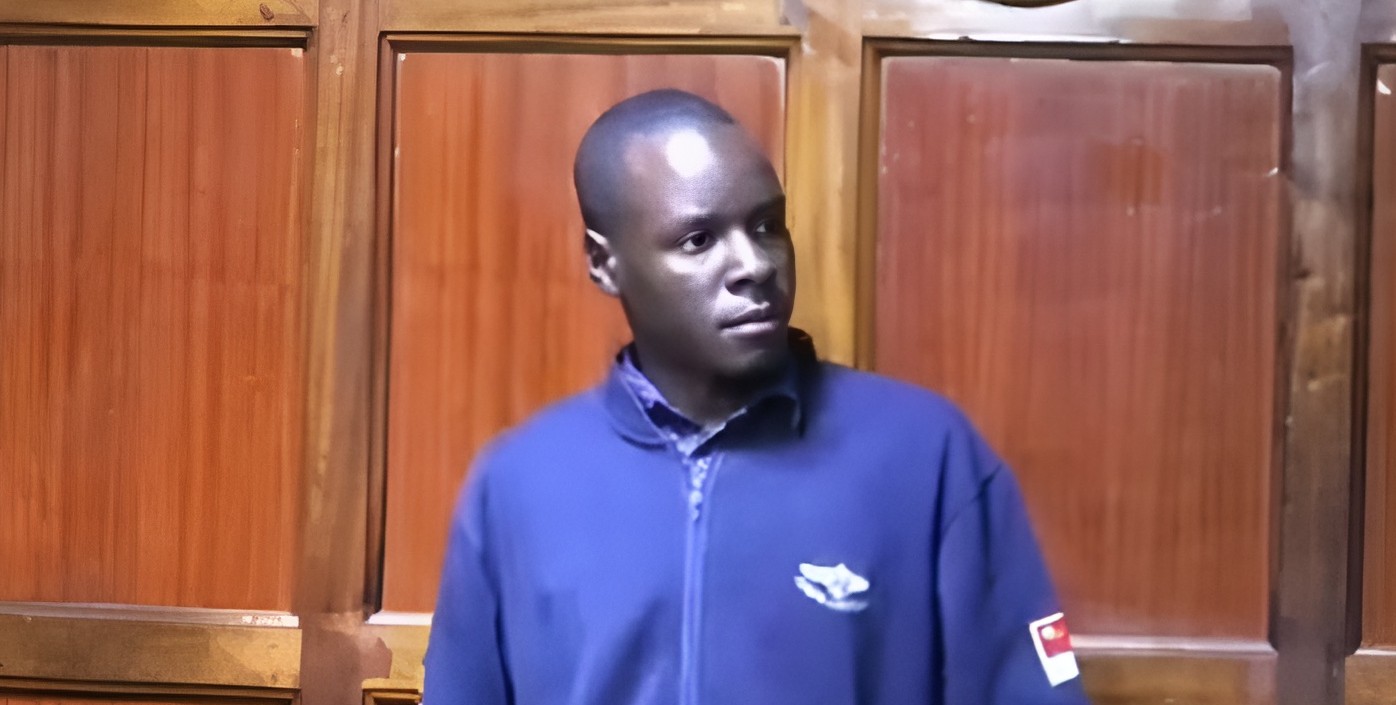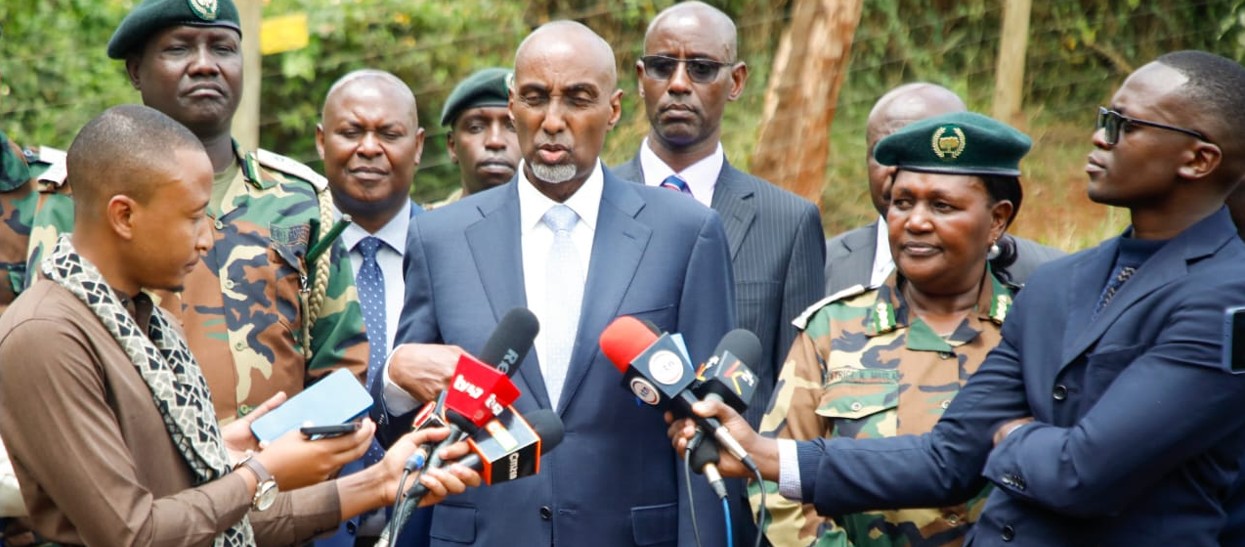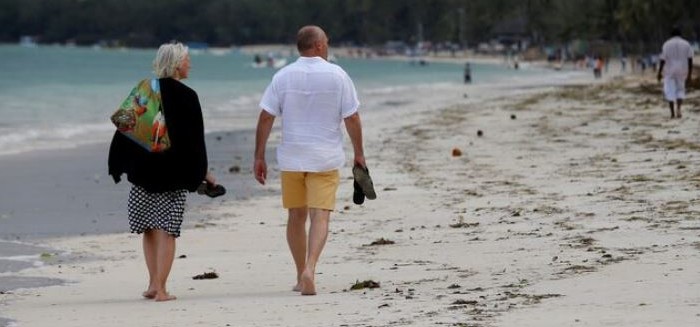Mental health advocates call for community-based support as economic strain deepens
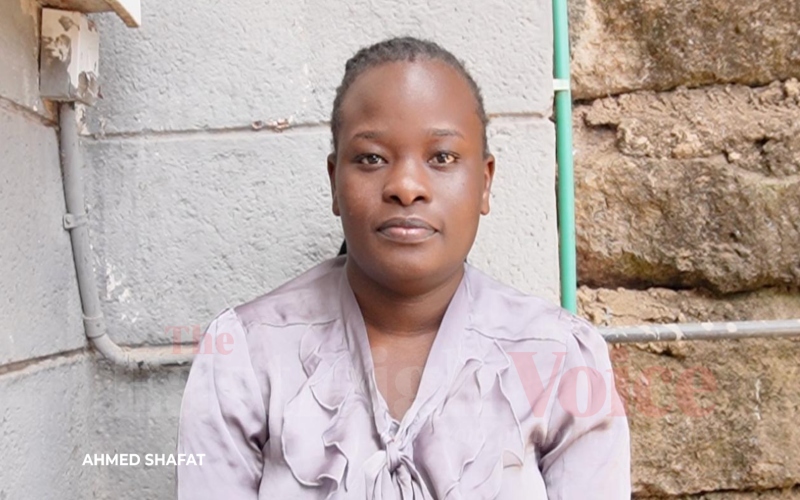
Kenya’s leading psychiatric facility, Mathari National Teaching and Referral Hospital, has reported a surge in cases linked to economic hardship.
Iddah Akoth’s life changed abruptly in February when she lost her role as a community volunteer at Dreams, a grassroots organisation in Kibra that supported young girls and teen mothers.
The organisation, which distributed sanitary pads and provided educational support, relied heavily on funding from USAID.
More To Read
- How to talk to your kids about mental health
- Doctors Without Borders sounds alarm as mentally ill detained in South Sudan prisons
- Former journalist Kimani Mbugua: Fame, mental health struggles and a tragic end
- Scientists discover brain cells linked to depression, offering hope for better treatments
- How conflicts, disasters are taking a heavy toll on Africa’s mental health
- Mental health takes centre stage at the General Assembly
When the funding was cut, the program collapsed, leaving Akoth without work and dozens of others without income or the emotional anchor that had helped them heal from personal struggles.
“Supporting those girls helped me heal from my own childhood. It gave me strength, having been born and raised in Kibra, you go through a lot, so helping those girls avoid teen pregnancies or the stigma of unsafe abortion was not paying my bills but a source of fulfilment for me," said Akoth.
Now raising her child alone, Akoth faces daily uncertainty. Her savings are depleted, and she worries about how to provide for her baby. "It’s not just the fear of tomorrow. It’s the pain of knowing I might not be able to provide for my son,” she said.
The emotional toll of losing a role that gave her purpose and connection has weighed heavily on her mental health.
“There was no warning, though we had heard the rumour, but you know you tell yourself I won't be affected, then it dawned on me when we were told not to report to the office. We tried to encourage each other in our job group, but the conversations died. Now it’s just silence,” Akoth shared.
Dr Susan Gitau, a psychologist who has worked with women in similar situations, says the emotional impact of sudden job loss and isolation is profound, but recognising and naming one’s emotions is a critical step toward mental wellness.
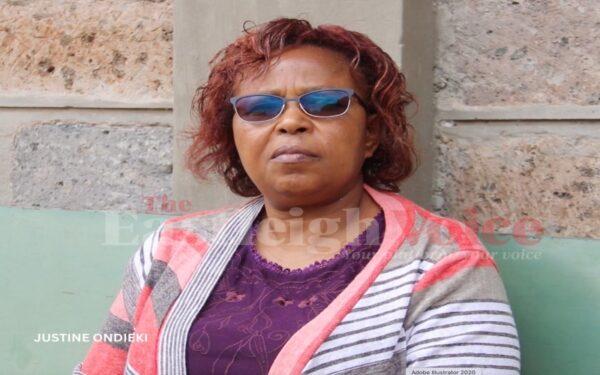 Dr Susan Gitau. (Photo: Justine Ondieki)
Dr Susan Gitau. (Photo: Justine Ondieki)
“I have seen many cases like Akoth’s. For them, it is actually about posterity, it's about legacy, and that's when you find people go to communities where the services they offer can not be repaid; however, even as you do this as an individual, make sure you don’t burn, give according to your level of expertise, competence and ability. In this case of loss of employment, the first step is accepting the new reality," said Dr Gitau.
She emphasises that mental health support must extend beyond clinical settings and into communities.
“Losing a job isn’t the end of life. You’ll face disappointment, but the key is to keep a positive mindset, surround yourself with uplifting energy, and never be ashamed to ask for help. Loss often brings shame, but reconnecting is part of healing.”
In the same vein, Kenya’s leading psychiatric facility, Mathari National Teaching and Referral Hospital, has reported a surge in cases linked to economic hardship.
While substance abuse remains a major contributor to mental health challenges, the hospital’s CEO, Lawrence Nderi, noted that financial stress is now a growing factor.
According to the Ministry of Health, Kenya has only 116 psychiatrists serving a population of over 50 million. This shortage is compounded by cultural stigma, which discourages people from seeking help and deters professionals from specialising in mental health.
In response to the growing crisis, the Ministry of Health has partnered with Johnson & Johnson to launch the Kenya Mental Health Project, a nationwide initiative aimed at expanding access to care and reversing troubling trends.
The project was unveiled during the 2nd National Mental Health Conference and builds on Kenya’s Mental Health Policy (2015–2030) and Suicide Prevention Strategy (2021–2026).
“This collaboration is key to building a more resilient and inclusive mental health system. It brings care beyond clinics, directly to communities,” said Dr Mercy Karanja, Head of the Division of Mental Health at the Ministry of Health.
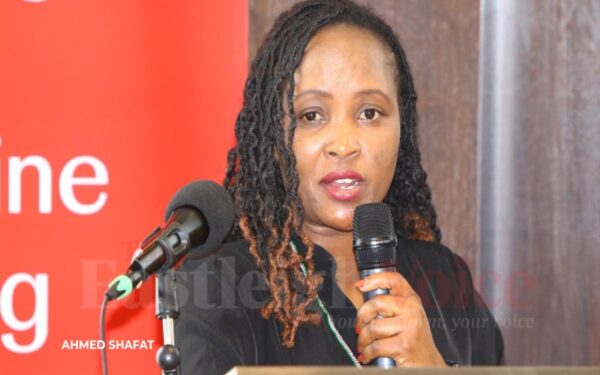 Dr Mercy Karanja, the Head of the Division of Mental Health at the Ministry of Health. (Photo: Ahmed Shafat)
Dr Mercy Karanja, the Head of the Division of Mental Health at the Ministry of Health. (Photo: Ahmed Shafat)
The initiative will train 5,000 Community Health Assistants and 100,000 Community Health Promoters by 2026, equipping them to identify and support individuals with mental health challenges at the grassroots level.
“Lasting progress in mental health care requires strengthening and supporting those who make care possible,” said Anthony Gitau, Director of Program Delivery and Impact at Johnson & Johnson.
“At the heart of this initiative are the people it seeks to serve. By working hand in hand with healthcare providers, we can ensure that support is accessible to patients in need,” added Sanae Mousannif, General Manager for Sub-Saharan Africa at Johnson & Johnson Innovative Medicine.
For Kenya’s donor community and global health partners, the Kenya Mental Health Project offers a replicable model, one that integrates care, reduces stigma, and restores dignity to millions quietly suffering.
Top Stories Today
